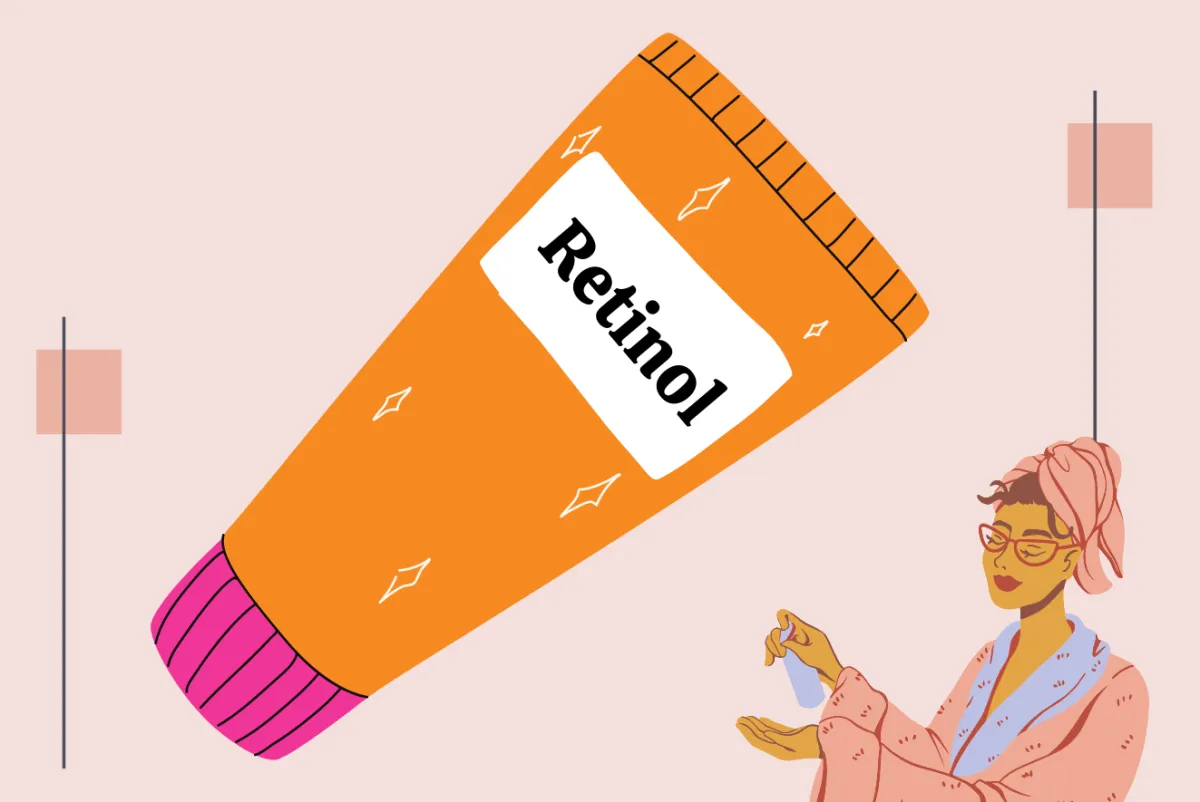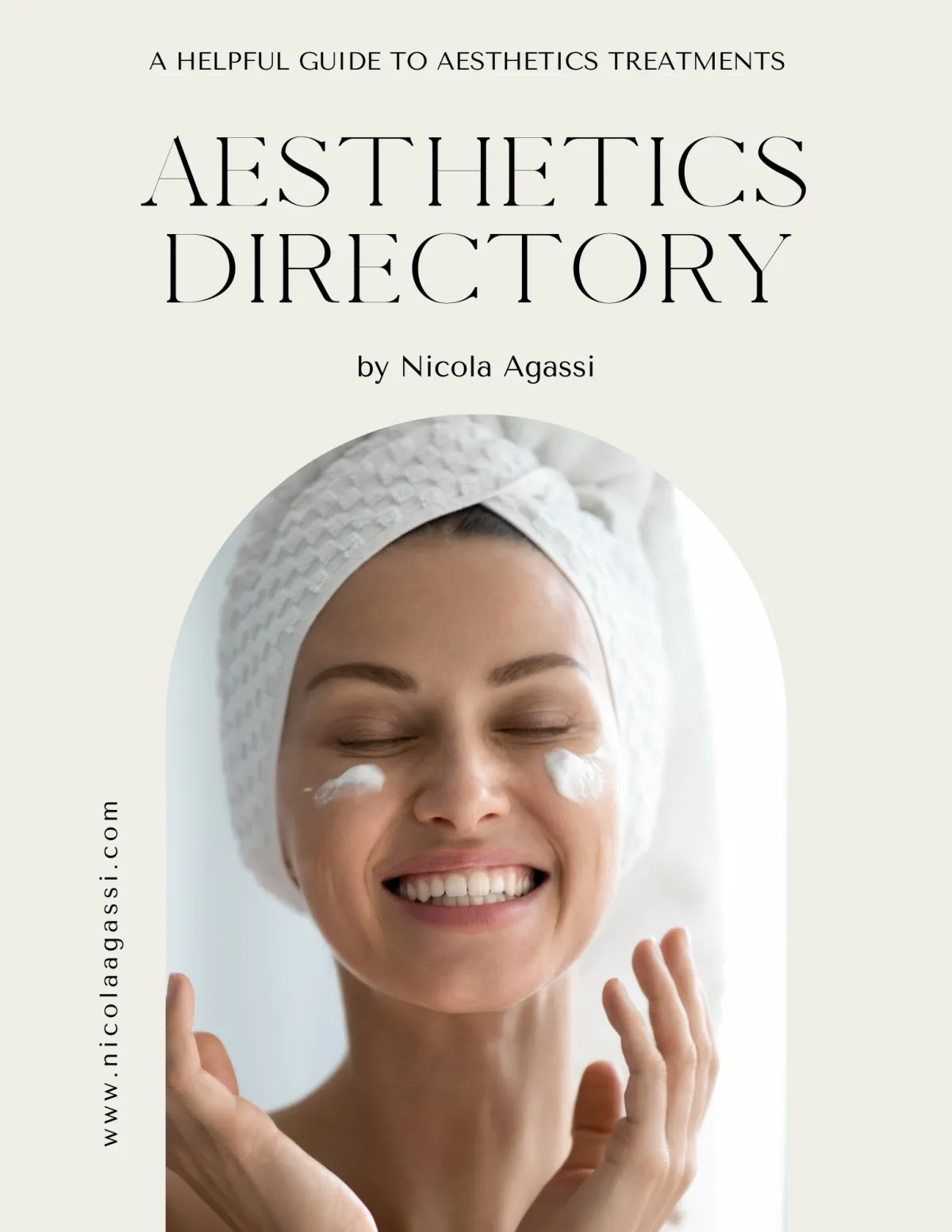BLOG
The Dermal list

What in the Retinol?!
WHAT IN THE RETINOL?
Retinol, Retinal, and Retinoids: Everything You Need to Know
Q: What exactly are retinoids?
A: Retinoids are a class of compounds derived from vitamin A, famous for their potent skin-renewing and anti-aging properties. They come in various forms, including retinol and retinal, each offering unique benefits.
Q: What is retinol, and why is it so popular?
A: Retinol is one of the most widely used forms of vitamin A. It’s popular because:
Boosts Collagen: Stimulates collagen production, reducing fine lines and wrinkles.
Increases Cell Turnover: Speeds up the skin’s natural renewal process, revealing fresher skin.
Improves Tone and Texture: Helps even out skin tone and smoothen the skin’s surface for a radiant look.
Q: How does retinal differ from retinol?
A: Retinal, or retinaldehyde, is a more potent vitamin A derivative. It’s closer to the active form, retinoic acid, making it more effective:
Faster Results: Works quicker than retinol, showing visible results sooner.
Acne Treatment: Excellent for treating acne by unclogging pores and reducing inflammation.
Anti-Aging: Similar to retinol, it boosts collagen and accelerates cell turnover.
Q: What about prescription retinoids?
A: Prescription retinoids, such as tretinoin and adapalene, are the most potent forms. They’re typically used for more severe skin issues:
Tretinoin: Known for its powerful anti-aging and acne-fighting capabilities.
Adapalene: Gentler on the skin, primarily used to treat acne while delivering significant results.
Q: How should I start using retinoids?
A: Introducing retinoids into your routine requires a careful approach:
Start Slow: Begin with a low concentration of retinol or retinal, using it 2-3 times a week to allow your skin to acclimate.
Nighttime Use: Apply retinoids at night as they can make your skin more sensitive to sunlight.
Moisturise: Follow up with a good moisturizer to prevent dryness and irritation.
Sun Protection: Always wear sunscreen during the day, as retinoids can increase your skin’s sensitivity to UV rays.
Q: What should I expect when I start using retinoids?
A: Initially, you might experience some redness, dryness, and peeling – a phase often called the “retinoid uglies.” Don’t worry; it’s a sign that the product is working. Your skin will adjust with consistent use.
Q: When will I see results?
A: With regular use, you’ll start noticing improvements in skin texture, tone, and overall radiance within a few weeks. Fine lines and wrinkles will diminish, revealing rejuvenated, refreshed skin.
Q: Are there any other tips for using retinoids effectively?
A: Absolutely:
Patience is Key: Results take time, so be consistent with your routine.
Customise Your Routine: Work with your aesthetician or dermatologist to tailor a plan suited to your skin’s needs.
Stay Hydrated: Drink plenty of water and use hydrating skincare products to support your skin.
Q: Final thoughts?
A: Retinoids, retinol, and retinal are essential tools in the quest for radiant, youthful skin. They offer a range of benefits, from anti-aging to acne treatment. Remember, start slow, be patient, and consult a professional for personalised advice. Here’s to achieving your best skin yet!

PRE ORDER Your FREE Aesthetics Directory
Your no nonsense guide to aesthetic treatments and skincare, empowering you to make informed decisions that benefit YOU!
Additional benefits of your subscription include:
Free Monthly Mini Magazine
Exclusive early access to our newest clinic specials and gifts
Discover cutting-edge treatments and products before anyone else
Gain access to our mini shop offering premium skincare delights at significantly discounted prices
© Copyright 2024 Nicola Agassi Ltd - Privacy Policy - Terms & Conditions
